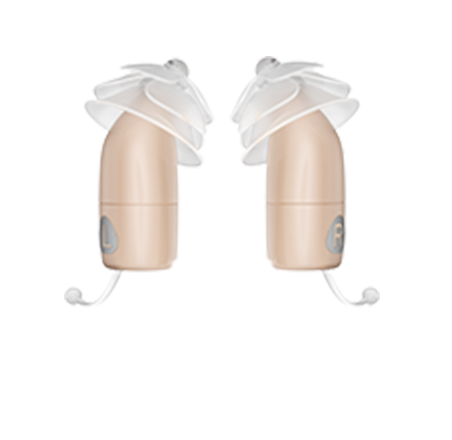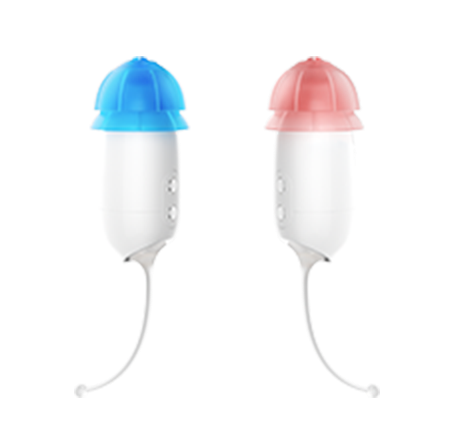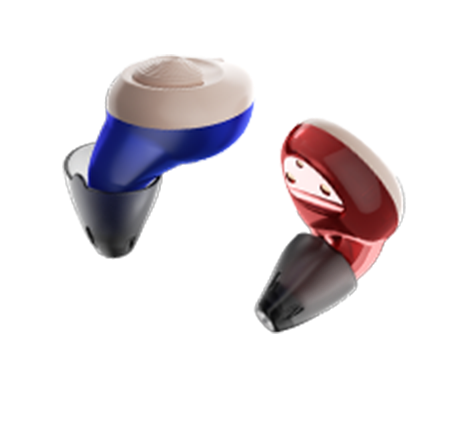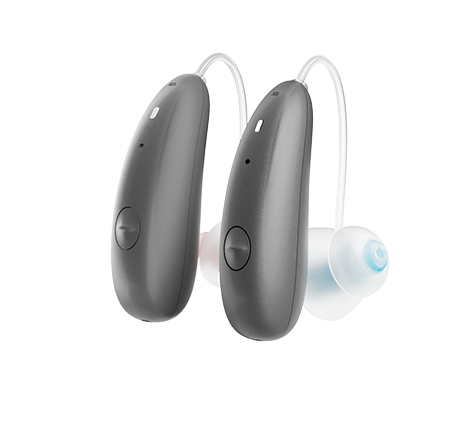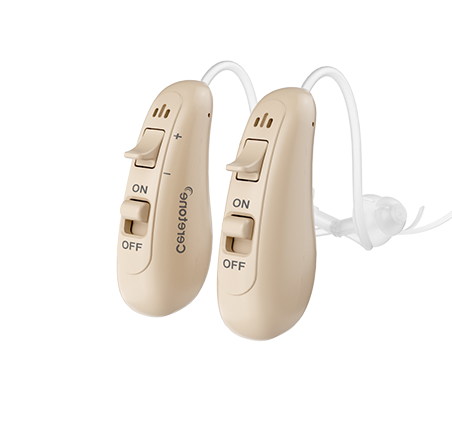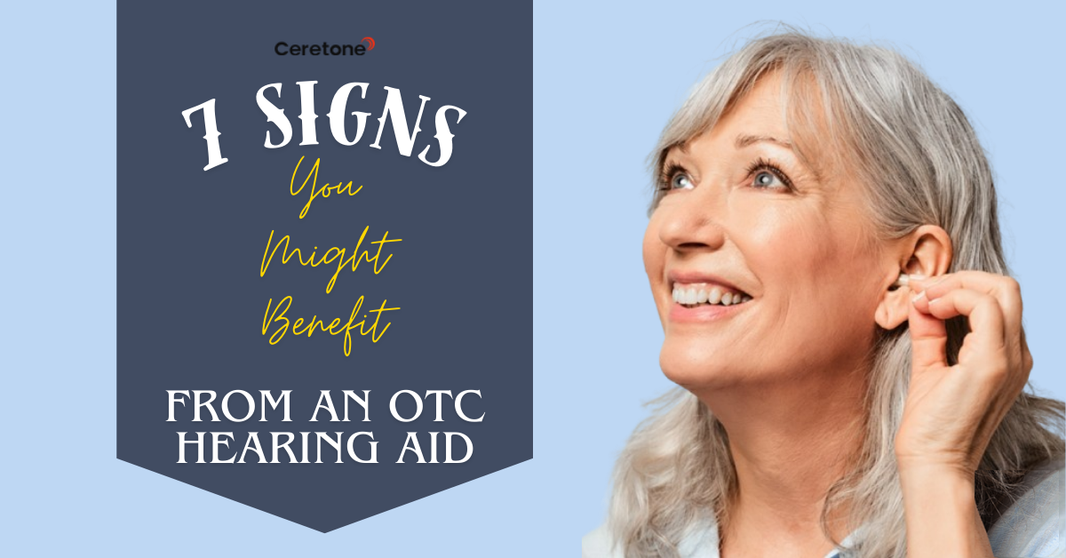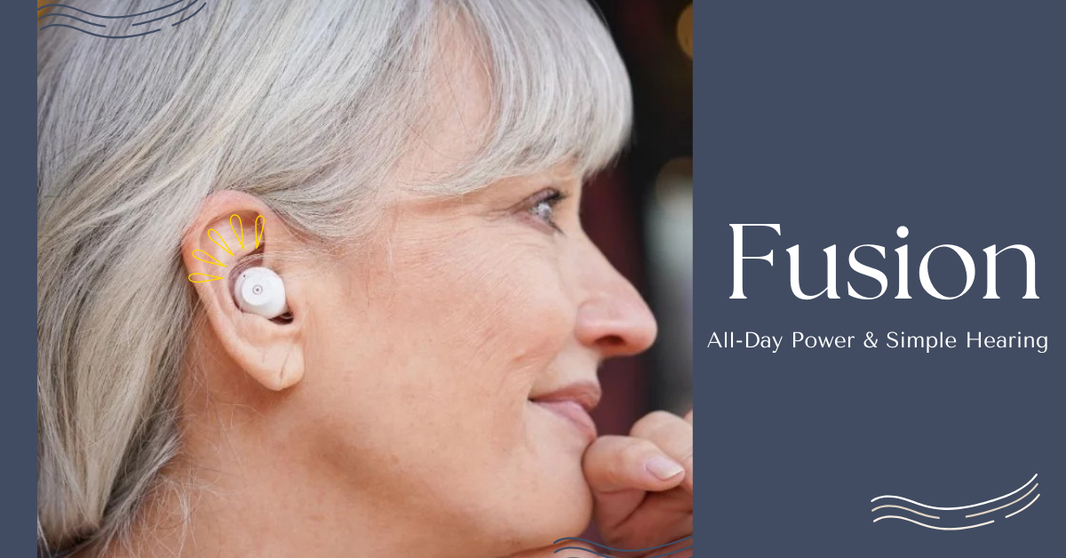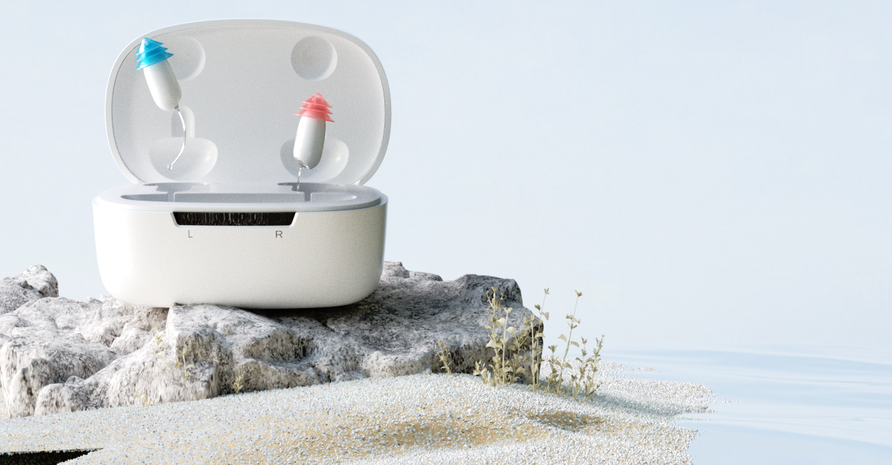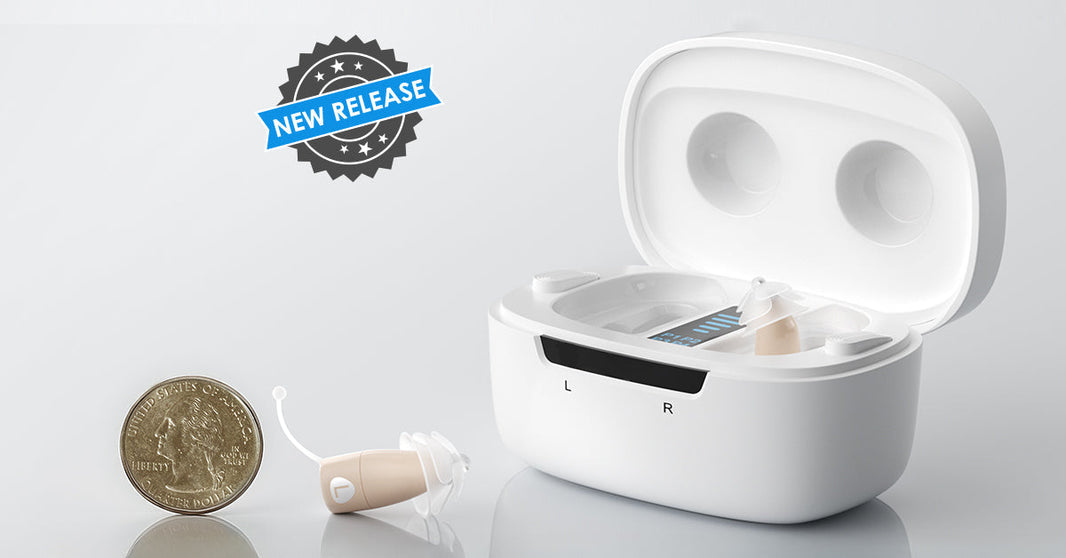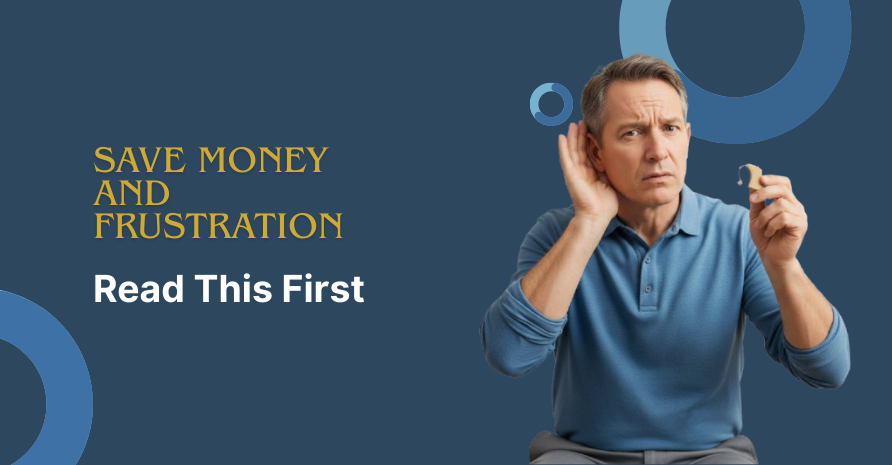
Can You Dry Out Digital Hearing Aids
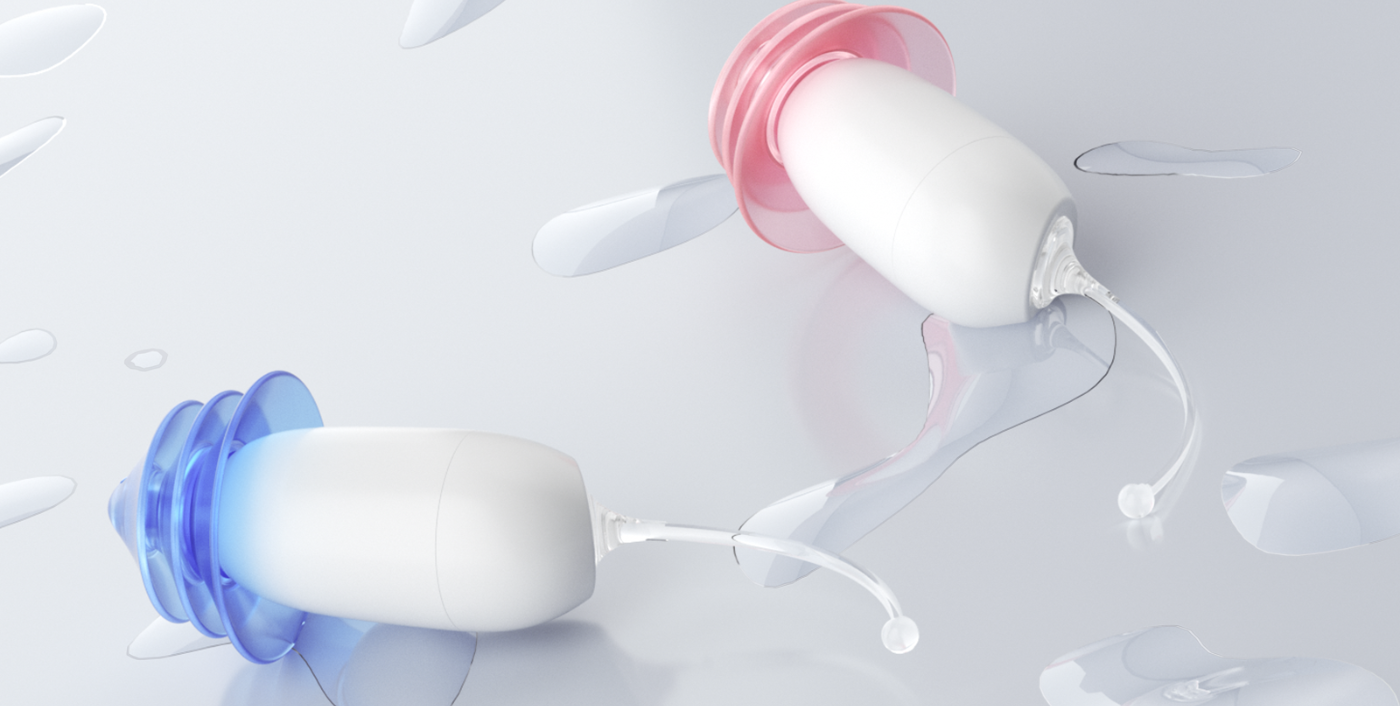
Hearing aids are an incredible tool that brings quality to life and provides millions of people with the opportunity to interact with the world. But like any fragile item of technology, they need to be handled correctly to operate at their optimum. Another major concern that we have seen pose a serious threat to hearing aids, particularly the digital type, is moisture. Be it a drop in the water accidentally or exposure to sweat or humidity, moisture is always a big no for any device.
This raises an important question for many users: can you dry out digital hearing aids? Fortunately, it is possible: you often can! However, it is important to know the right steps that need to be taken to avoid such long-term harm.
Here, we will explain why moisture is a big no-no when it comes to hearing aids, what to do if your hearing aids are exposed to water, and how to prevent it in the future. Whether it is a coffee spill or simply an attempt to clean them or maintain them, there are tips and methods on how not to harm your hearing aids. Let's dive in!
Are Hearing Aids Waterproof?
One of the common issues among hearing aid users is the potential for these devices to get wet. The quick answer to this question is most hearing aids are water-resistant and not waterproof.
Water-Resistant vs. Waterproof: What's the Difference?

This is labeled as water-resistant, which means it can withstand minor exposure to moisture, such as sweat or a drizzle, without sustaining damage. Waterproof devices are designed to be submerged completely in water without failing. For instance, a waterproof watch might survive a swim in the pool, while a water-resistant one wouldn't.
Most standard hearing aids do not have waterproof capabilities, although they do have varying degrees of water resistance. The degree of protection is usually indicated by an IP rating, which informs how well the device is protected from dust and water.
Read More:
Are Hearing Aids With Rechargeable Batteries More Moisture-Resistant
Hearing Aids with Superior Water Resistance

If you're looking for hearing aids with excellent water resistance, Ceretone's Core One OTC Hearing Aids are a standout option. These hearing aids come with an impressive IP66 rating, meaning they're protected against powerful water jets and heavy rain.
While not fully waterproof, this level of water resistance ensures they can handle more demanding environments, whether you're caught in a sudden downpour or dealing with excessive sweat during a workout.
Read More:
Ceretone Core One How-to Videos
Ceretone Core One vs Eargo 7 Hearing Aids: Alternative, Reviews & Price
What to Do If Rechargeable Hearing Aids Get Wet
Hearing aids are not immune to accidents and water resistant as they are, moisture at some point in time is likely to come into contact with the hearing aids. Any water spillage or humidity is not welcomed in a computer, thus quick and appropriate action can save the day. Here's a practical, step-by-step guide on what to do if your rechargeable hearing aids get wet:

- Shut Down the Device ASAP
The first thing you should do is turn off your hearing aids. The main downside of doing this is that the devices are more likely to develop short circuits whenever they are wet. Switching them off reduces further jeopardizing of the delicate circuits in the devices.
- Pull out or Take out the battery
If you use hearing aids with a removable battery, remove it at once. In the case of rechargeable hearing aids, remove the hearing aid from the charging point. This is important because if the batteries are wet, they may damage the inside of the unit or corrode the contacts.
- Avoid Heat Sources
While you may think it is convenient to use a hairdryer or put the hearing aids close to a heater to dry them faster – do not. Excessive heat can distort minute parts, and it is also damaging your product, and that nullifies your warranty. However, it is advisable to use other less hazardous, low-heat methods such as natural air drying.
- Clean Visible Moisture
Using a soft cloth, pat the surface of the hearing aids to remove any water that may have formed droplets on its surface. It is also important to be thorough but gentle to prevent aggravating the problem by rubbing or shaking the device, which will only push moisture deeper into it.
- Hearing Aid Dehumidifier
In order to get the best outcome, clean your hearing aids with a hearing aid dehumidifier. These special appliances are meant to dry the equipment safely and to its maximum capacity to enable hearing aids to function as they are supposed to.
A hearing aid dehumidifier is a small portable device that employs controlled heat or desiccant to remove moisture from hearing aids. Some models even come with UV sanitization for that added layer of cleaning for the devices that need it.
- Opt for Other Methods of Drying
In case you do not have a hearing aid dehumidifier, it is recommended to use the silica gel packets. Put your hearing aids in a container that is tightly sealed with the packets and the hearing aids will dry up as the packets remain moist. Do not use rice, as it will leave fine particles that may block the device after it is turned on.
- Dry Aid for Hearing Aids
Another great preventative is to use dry aid kits for hearing aids since they are devices that get used daily and are likely to retain moisture. Such kits usually come with silica beads or any other desiccants in case you want to maintain your hearing aids at an affordable price.
How to Dry Out Hearing Aids Effectively
It is very important to dry the hearing aids for them to continue to work as they are supposed to. Here are some proven techniques and tips to keep your devices in top shape:
- Get a hearing aid dehumidifier
A hearing aid dehumidifier is the safest and best way in which moisture can be removed from the hearing aids. These devices are particularly built to dry hearing aids and do not harm them in any way.
- Place in a Dry, Warm Area
If you don't have access to a dehumidifier, it is recommended that you store your hearing aids in a dry, warm air circulation area but not in the direct sun. Avoid direct sunlight.
- Try a Specialized Drying Box
Drying boxes are sophisticated equipment that employ heat and or ultraviolet light to dry and sterilize hearing aids. They are very helpful during general maintenance.
Common Mistakes to Avoid
- Microwave Ovens or Regular Ovens
These can wreck the sensitive electronic parts, and they are quite common.
- Alcohol or Wet Wipes
These can cause harm to the casing and penetrate the device.
- Hair Dryers or Heaters
Dehydration is the next problem that may occur as a result of using the hearing aids; high heat may even cause the hearing aids to warp or melt.
Conclusion
Water is probably one of the biggest enemies of hearing aids, but it's not the end of the world if you act fast. If your hearing aids are accidentally exposed to water, switch them off right away and gently dry them using a lint-free cloth and other tools like a hearing aid dehumidifier. It is always advisable to avoid such situations by taking the necessary precautions, such as how you store your hearing aids and being cautious when exposed to moisture.
Find better hearing solutions with Ceretone! Discover our line of state-of-the-art OTC hearing aids that can be customized to your lifestyle. Whether you want high-quality sound, waterproof hearing aids, or comfort throughout the day, Ceretone has got you covered.
Read More:
Types of Hearing Aids: How to Pick the Best One for You
OTC Hearing Aids vs Prescription
When Is the Best Time to Use Hearing Aids?
Why Do My Ears Itch When I Wear My Hearing Aid? Here’s How to Fix It!
Can TMJ Cause Hearing Loss? Here’s What You Need to Know!
Cookie Bite Hearing Loss: Causes, Symptoms & Treatment
How Long Do Hearing Aids Last? The Essential Guide to Maximizing Lifespan
